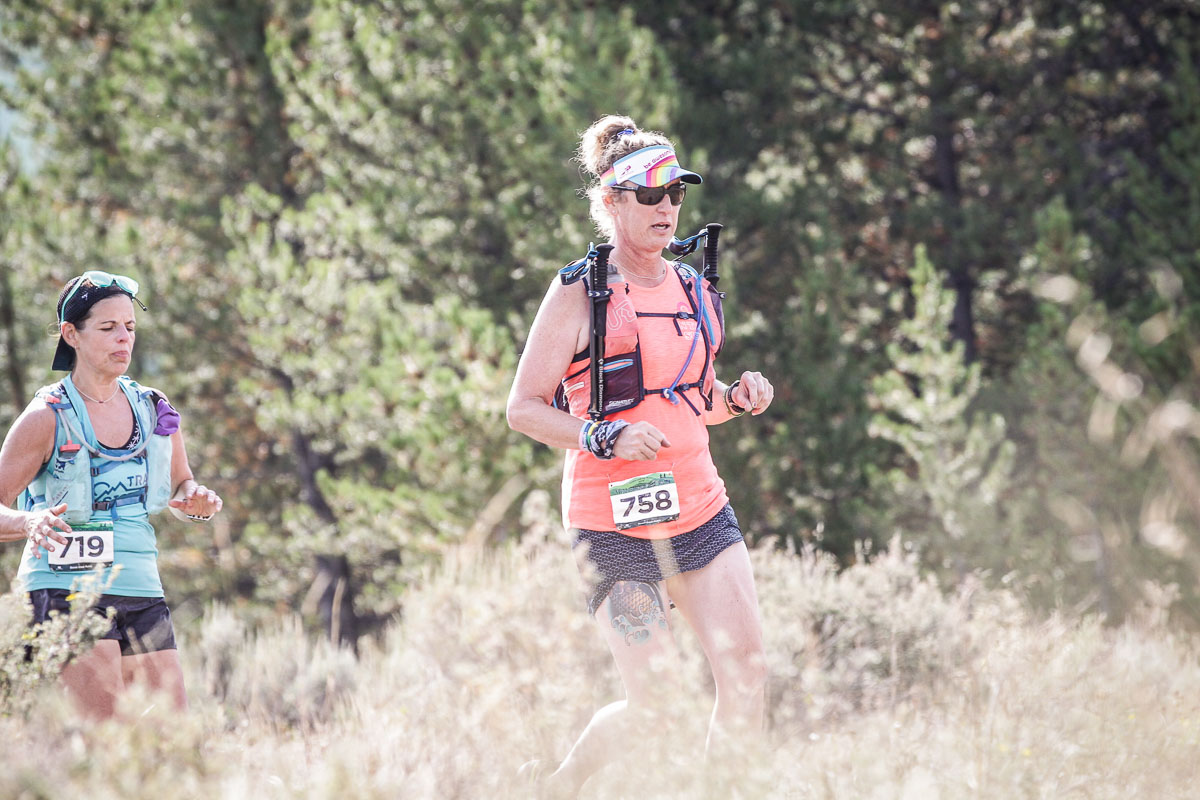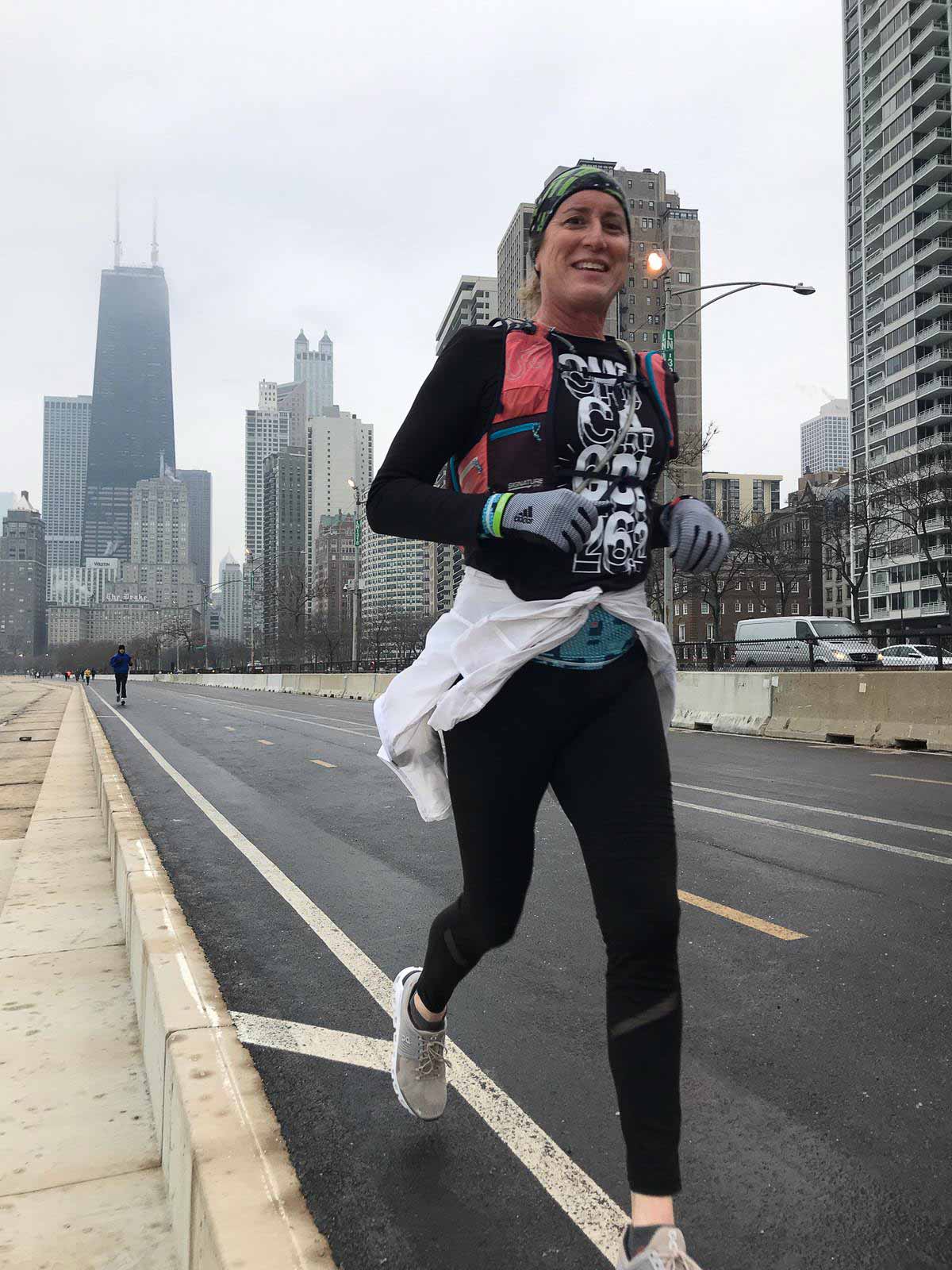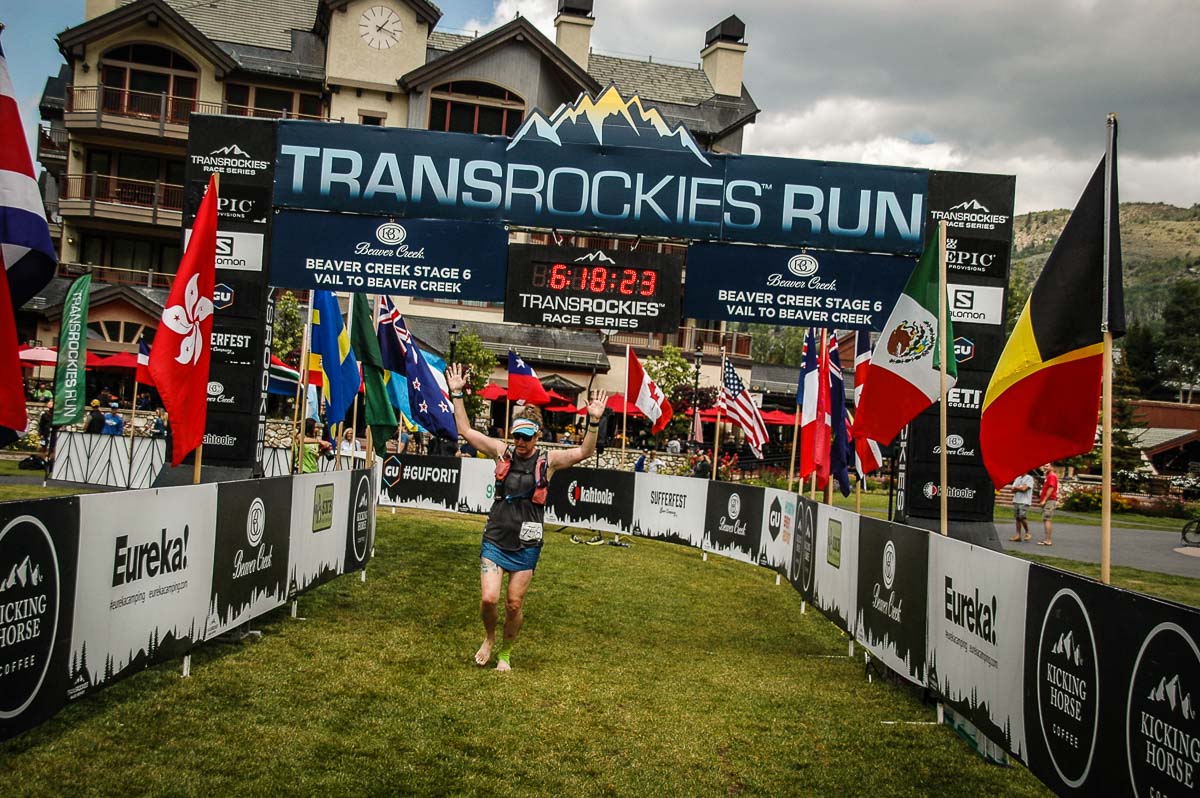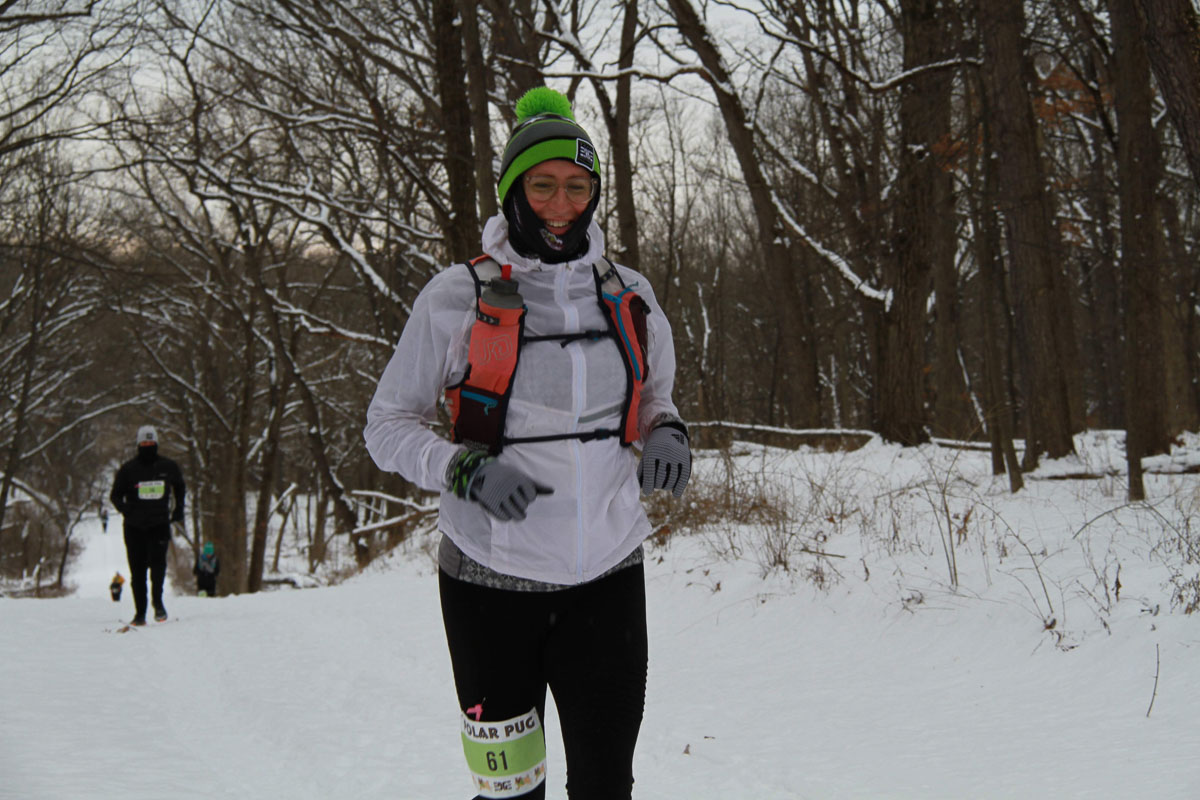[Editor’s Note: March is Women’s History Month! We’re highlighting stories of women moving the needle forward in trail running and ultrarunning. Our goal is to bring to light women who are progressing our sport in a variety of ways: in big business, in the community, and on the trail itself. Let’s celebrate!]
In the world of sport, the LGBTQ+ community has come a long way. While as recently as 10 years ago, athletes with various identities had to hide their partners and their true selves, we now have a large number of gay, lesbian, and bisexual athletes who are out and proud advocates for their respective sporting communities.
However, the struggles that trans athletes have had are a bit different. And they have taken longer for the sporting world to accept, in large part because, until recent years, there has been no fair and equitable policy regarding their participation in sport.
There is still a vocal contingent that believes that trans participation in the sport (particularly trans women) is unfair to other participants. That is starting to change thanks to out trans athletes like Amelia Gapin, Grace Fisher, Megan Youngren, and June Eastwood.
Another advocate for equitable policies is Patti Flynn, herself a trans woman, ultrarunner, and policy writer for the inclusion of trans and nonbinary athletes in the trail running world.
Patti Flynn: The Advocate
Patti Flynn jumped into endurance athletic events about 10 years ago in what she called a “couch to Ironman effort,” though she ran track in high school. Like many runners, her competitive spirit drew her quickly from low-key triathlons, to Ironman triathlons, and then to qualifying for the Boston Marathon in the span of less than three years. But after a few years on the marathon circuit, she knew she needed something different and took to the trails.
“After my 2015 season with my last Ironman, I realized I wasn’t living my life the way I should be,” said Flynn, who then started looking into trail running. “I wasn’t really the typical clean-cut triathlete. I had this long Scott Jurek-like hair. I was reading a book about trail running and reading that these people were drinking all night, partying, and showing up fresh … they seemed a bit quirkier. Trail running allowed me to explore myself, and my gender identity too.”
Flynn is a trans woman, and a powerful voice in the trail world helping trail races to craft policies for trans and nonbinary runners to compete equitably and in the category that fits with their gender identity. She lives in Chicago, Illinois, and works for the Equality Institute, working to create policy changes in Diversity, Equity, and Inclusion (DEI) not only in the trail world, but also at companies across the nation.
While she is a vocal advocate today, her journey to being able to live as her true self was at times a tough journey.
“For a long time, I was living these two lives,” said Flynn. “I worked in the suburbs and would commute, and people at work would know me as one person. Then I’d go home and put away my ‘boy costume;’ I realized that I couldn’t live like that anymore.”
In 2017, Flynn was scheduled to run the storied TransRockies Run, a stage race across the Rocky Mountains in Colorado. “The blur of my gender identity was so loud at that point; I came out to a couple people and realized I couldn’t deny it. I didn’t start TransRockies that year, and it had a lot to do with where I was mentally, so I planned to [come back and] run it again in 2018.”
Flynn described the challenge of figuring out where she fit into the run. “They were open to letting me run as who I said I was … so that’s saying a lot about the organization. I was on hormones for a little less than a year, so it was really difficult to navigate gendered spaces.”
Despite her trepidation, in 2018, Flynn ran as who she truly was — in the women’s category — and placed 34th, with her trans pride sash flying proudly from her tent.
“After I ran TransRockies, they reached out to me to write policy. I made very clear in the policy I wrote, that it was a policy of inclusion. It’s important for inclusion to be spelled out,” said Flynn.
The spelling out of that policy of inclusion allows runners who may not feel safe registering even for a small fun-run event, to feel like they are welcomed and belong, something she struggled with during the first few years of her transition. When races didn’t have a policy spelled out, she would call race directors ahead of time to see if she’d be welcome to register under her true identity.
The trail and ultra community, and all communities at large, benefit from having diverse participants from different backgrounds — racial, ethnic, body size, gender identity, and sexual orientation. With people who have different experiences and lives, we are a richer community.
Flynn hopes that her work helps those who will come after her — those who don’t necessarily have the comfort or ability to have such an influential voice.
“If I can help people who don’t have the opportunity, I will. That’s why I write the policy,” she described. “I’m doing trail work, in a sense … to help widen the path that’s been cut in front of me. I was not the first, and I won’t be the last.”
Call for Comments
- Trail running and ultrarunning is a sport where people with a wide variety of identities should feel welcome and have a place at the table. Chime in on how you think we can continue supporting the multitude of athletes in our community.
- We welcome you to constructively speak with each other in the comments section, but we also implore you to do so according to iRunFar’s comment policy. Thank you.





